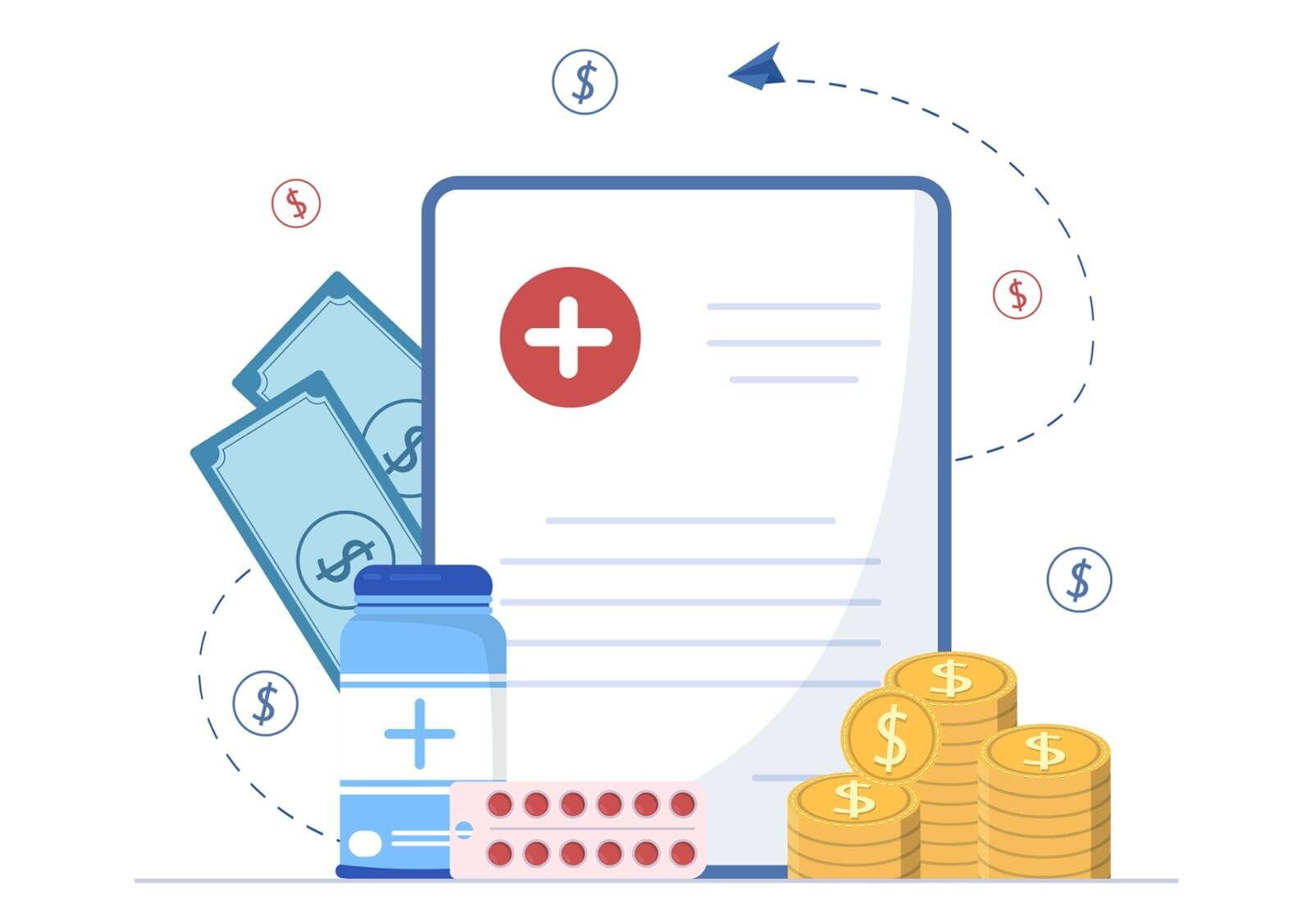
A Health Savings Account (HSA) is a tax-advantaged savings account available to individuals enrolled in an eligible High Deductible Health Plans (HDHP).
One of the key benefits of an HSA is the ability to use the funds to pay for a wide range of qualified medical expenses tax-free. Understanding what expenses are eligible can help you make the most of your HSA funds.
Here is a high-level summary of eligible HSA expenses:
1) Doctors Visits: Deductible, copayment and/or coinsurance amounts for consultations, examinations, surgeries (excluding cosmetic) and other services provided by physicians, surgeons, specialists, or other medical professionals.
2) Prescription Medications: Any prescription drugs prescribed by a healthcare provider are considered eligible expenses. This includes both brand-name and generic medications.
3) Dental Care: Cleanings, fillings, extractions, braces, and other dental treatments.
4) Vision Care: Eye exams, glasses, contact lenses, and LASIK surgery.
5) Mental Health Services: Therapy, counseling, and treatment for mental health conditions.
6) Medical Equipment and Supplies: Items such as crutches, wheelchairs, blood pressure monitors, and other durable medical equipment.
7) Diagnostic Services: X-rays, blood tests, MRIs, and other diagnostic tests.
8) Chiropractic Care: Chiropractic treatments and services.
9) Physical & Speech Therapy: Costs related to therapy, including sessions and necessary equipment.
9) Transportation Expenses: Transportation to receive medical care, including ambulance services.
This list provides a general overview of eligible HSA expenses. It's important to consult IRS guidelines and/or your HSA provider for specific details and any updates regarding eligible expenses.
For your convenience, CLICK HERE for a link to the IRS website.
There are some services, treatments and products that require a Letter of Medical Necessity (LMN) in order to be deemed Health Savings Account eligible. The letter is a document provided by a healthcare provider that outlines the medical need for a specific treatment, service, or product. This letter is often required for expenses that may be considered outside the norm or not explicitly listed as eligible by the IRS.

For example, if you plan to use your HSA funds to purchase a specific type of medical equipment, an over-the-counter medication, or participate in a weight-loss program, your healthcare provider may need to write a Letter of Medical Necessity to explain why this expense is necessary for your health. This letter can help establish that the expense qualifies as a medical expense under IRS guidelines, making it eligible for reimbursement from your HSA.
It's important to note that not all expenses require a Letter of Medical Necessity, and the necessity of such a letter can vary based on IRS regulations. If you have questions about whether a specific expense requires a Letter of Medical Necessity, it's best to consult with your healthcare provider and HSA administrator.
1) Cosmetic Surgeries or Treatment2) Household Cleaning or Sanitation Products3) Toiletries, including toilet paper, deodorants, toothpaste, shampoo & conditioner4) Health Club Membership Dues5) Late Payment or Canceled Appointment Charges6) Daycare Expenses7) Aromatherapy8) Couples or Marriage Counseling9) Baby Bottles, Cups, Oil & Wipes
10) Health Insurance Premiums, except for COBRA coverage, Medicare premiums & qualified long-term care insurance
Overall, understanding what expenses are HSA eligible is essential for making the most of your HSA benefits. By using your HSA funds for eligible expenses, you can avoid paying taxes on that money, saving you money in the long run. Ensure that you use your funds in a way that is compliant with IRS regulations, to avoid taxes and penalties.
